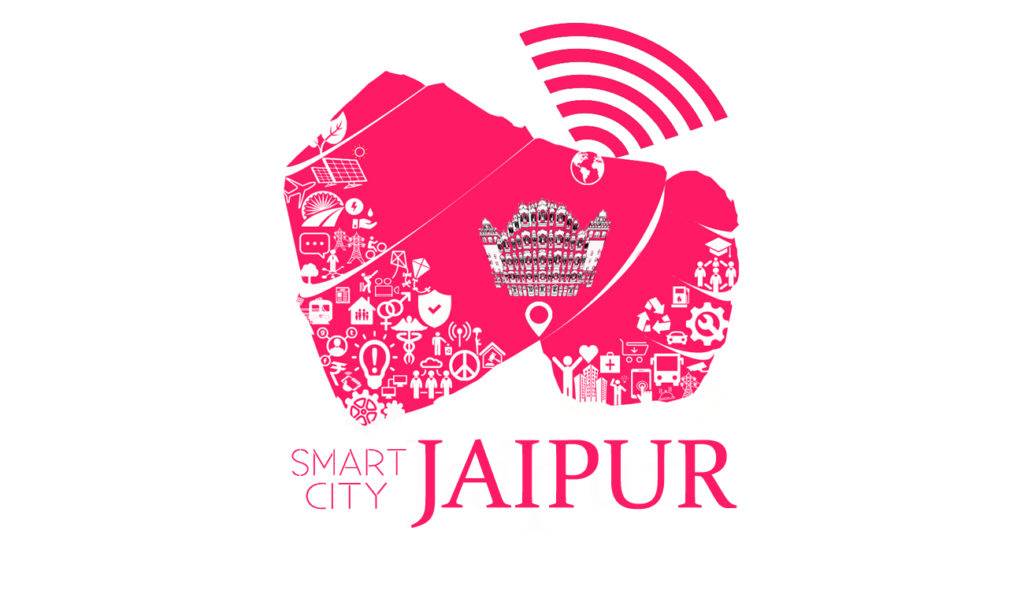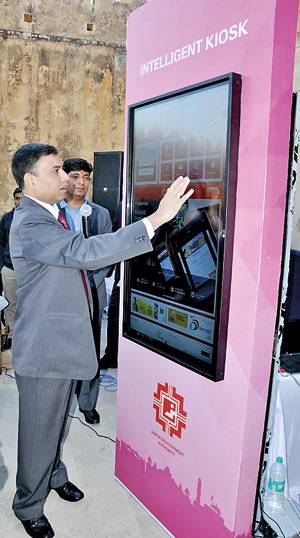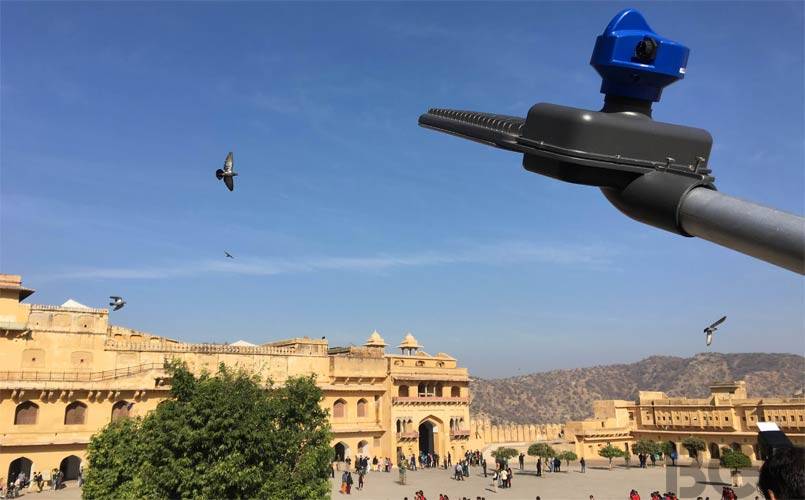In January this year, India’s central government announced the first list of 20 cities that have been identified for development as smart cities, part of government plans to develop 100 Smart Cities by the end of 2022.
The plans came about in part, via the Smart Cities Challenge funded by Bloomberg Philanthropies. The Government of India launched this challenge as a selection process to distribute central government funding to 100 cities over three years.
However it would be a misnomer to assume that smart city development in India is only in it’s elementary stages. Since 2014 Cisco have been involved in consulting with local government and development authorities to bring connected capabilities to cities like Hamburg, Barcelona and Adelaide.
Last week Cisco announced the city of Jaipur, Rajasthan – a city of 3.5 million residents and over 40 million tourists visiting annually – will be the first Smart+Connected Community “Lighthouse City” in South Asia.
Under the consulting guidance of Cisco, the Jaipur Development Authority (JDA) is focused on developing smart city infrastructure in Jaipur to transform itself into a digital city of the future.
We spoke to Mr. Shikhar Agrawal, Commissioner, Jaipur Development Authority, Government of Rajasthan and Shri Arijit Banerjee, Principal Officer on Special Duty to Chief Minister, Government of Rajasthan.
The project has been broken down into two phases so far, as Mr Agrawal explained:
” The first phase was about creating digital infrastructure to offer citizens amenities including interactive, intelligent kiosks and wireless broadband. The kiosks enable people to book transport, find shopping locations, find their way around, and we also have set up spaces for free mobile phone recharging. These are all especially useful in the tourist areas. We’re the first city in the country to have 30 public wifi portals. We make these viable by being free up to a certain point and once a person reaches the paid point, the money earned goes back into funding the free service
We’ve also made it possible that public services like hospitals and education providers now have extensive Wi-Fi.”
The benefits of a connected city also extend to broader issues of public safety, as Mr. Agrawal discussed:
“Safety and security are a big part of our work including video surveillance for public safety and security at key locations such as train stations. This includes safety mechanisms such as an alarm if there was an unattended bag on a platform or a crime was in occurrence.
We’ve also set up a City Infrastructure Management Centre (CIMC) and a Response Control Room to manage the city with greater efficiency… nearly all the solutions are integrated into a digital platform. The digital platform can aggregate data from various sensors and solutions and conduct data analytics.”
We were curious to know if they had attained direction or best practice strategies from other connected cities. Mr. Banerjee countered that idea:
“We didn’t have any blueprint, we are learning as we go. I don’t think any city has a perfect end-to-end solution. Jaipur probably stands out as the city with the most number of initiatives cutting across areas of urban management. Jaipur is the blueprint that will guide other parts of India.”
The second phase of the project will move into broader areas of the city, according to Mr. Banerjee:
“We have identified 5,000 light poles that we want to make ‘smart’ so they are programmable and remotely controllable. They will have an integrated video camera and be connected to the control and command center. We’re also working on the area of waste management so that we can automatically know when public bins need to be emptied via a sensor between the bins and the garbage trucks. We also want to be able to water leakages and better manage water maintenance.”
Cisco also announced – in collaboration with Qualcomm Technologies Inc., General Electric and 3M India Ltd. – the launch of an “Innovation Centre” in Jaipur to help accelerate co-innovation of IoT-based solutions.
This center will team up with startups, developers, government agencies, and academic communities who share the same goal of bringing innovative ideas to life.
“A smart city of Jaipur enables good governance, a better quality of life and increased employment opportunities for citizens,” said Mr. Agrawal.




















